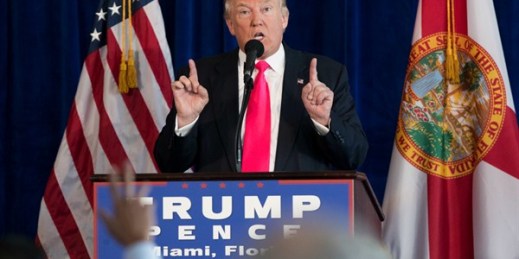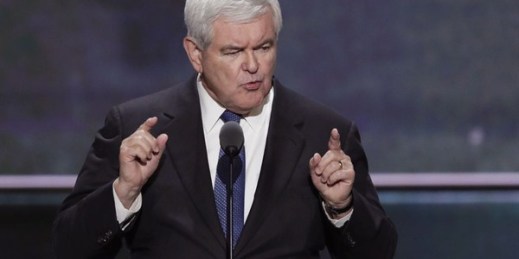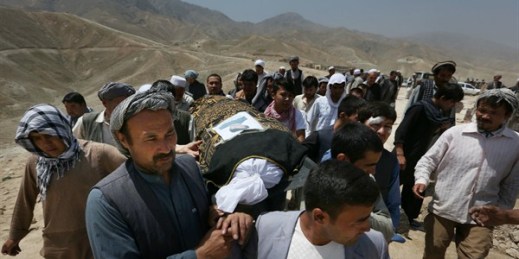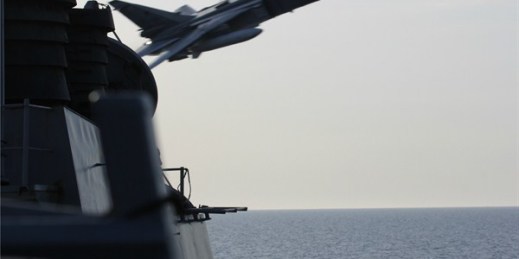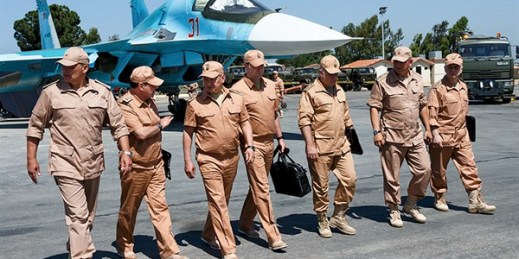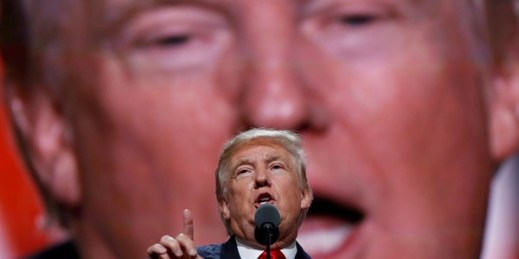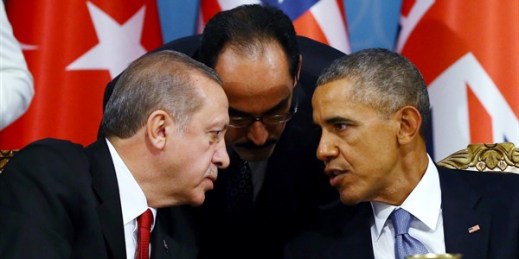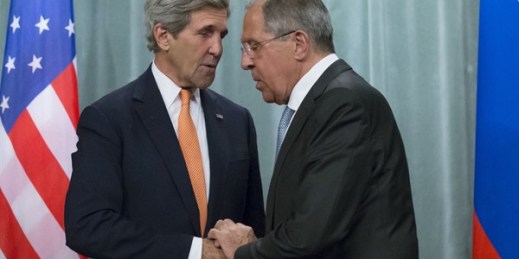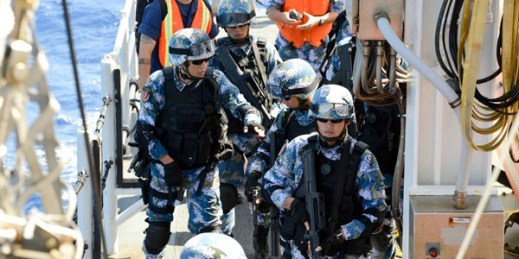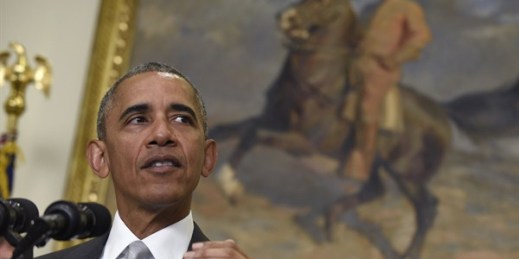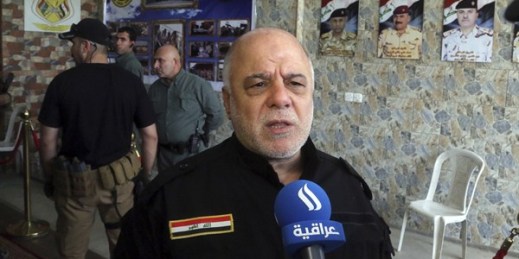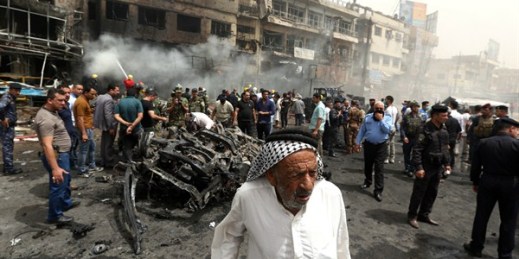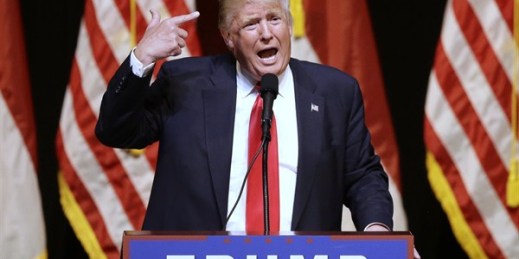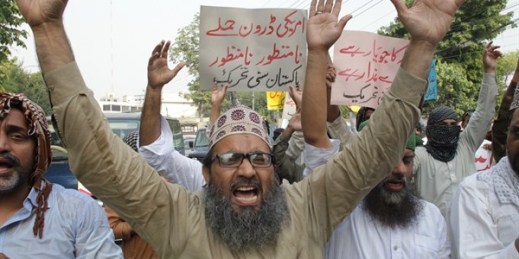
On Tuesday, the Obama administration announced that it would admit more migrants from Central America into the United States as refugees, expanding a program that observers have criticized as inadequate in the face of an exodus of people, many of them unaccompanied minors, fleeing violence and poverty in El Salvador, Guatemala and Honduras over the past two years. Under the program to date, unaccompanied Central American children seeking to reunite with their families living in the United States have been allowed to apply for refugee status; since it came into effect in 2014, the program has received some 9,500 applications. […]


